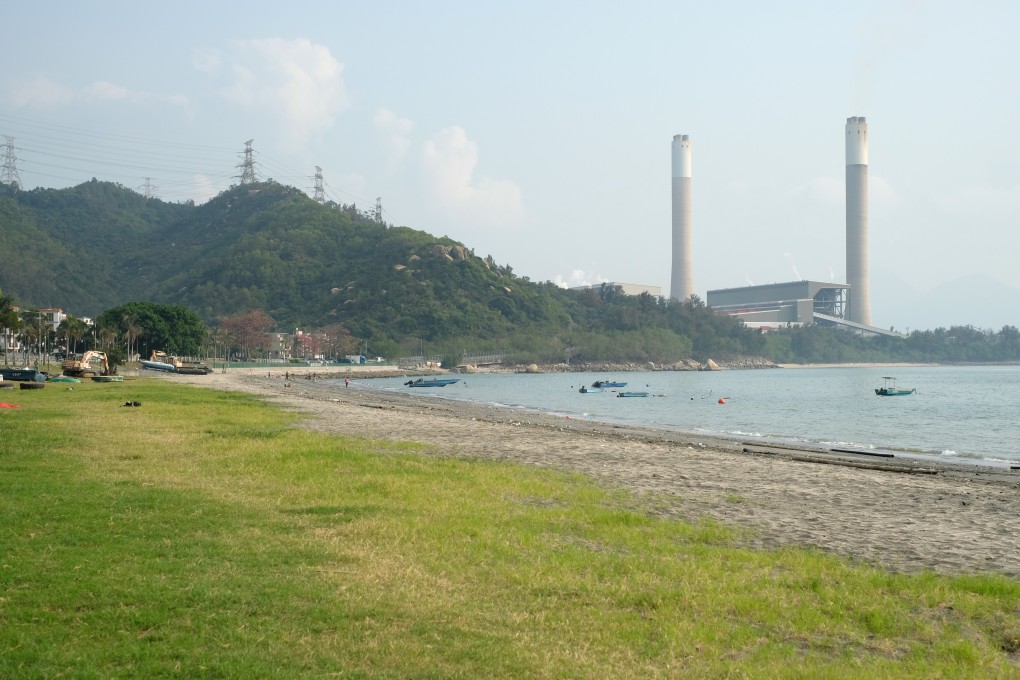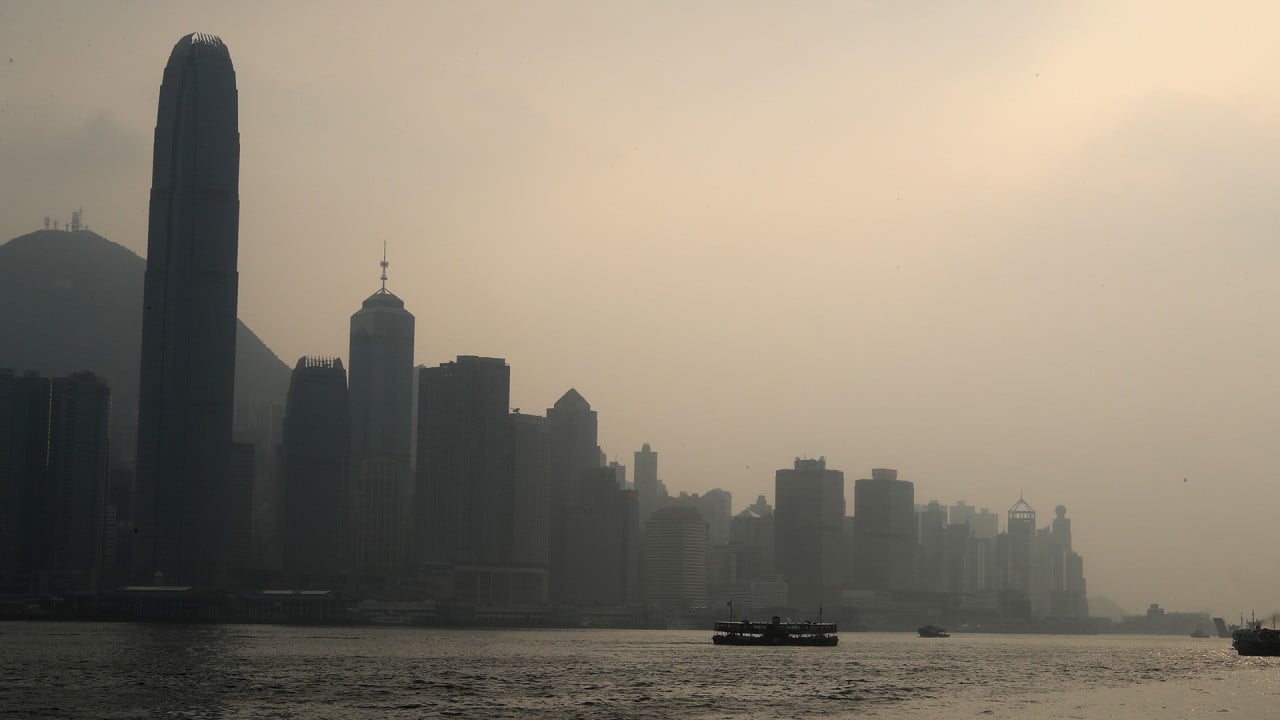Carbon neutral by 2050: how Hong Kong could be a leader in green hydrogen
- Given hydrogen’s versatility and energy density, the economic case for its deployment is becoming more convincing
- Stakeholders in Asia need to work together across sectors and borders to build a hydrogen ecosystem

That could potentially make Hong Kong an early deployer of hydrogen, with CLP’s power plants gradually upgraded to 100 per cent hydrogen-fired electricity generation by around 2030.
The time is ripe. After a few false starts, the business world is now more optimistic about hydrogen. The fuel has the potential to cut emissions in hard-to-decarbonise sectors like transport, chemicals, heating and power storage – a growing imperative as investors increasingly scrutinise companies’ ESG (environmental, social and governance) performance.
Given hydrogen’s versatility and energy density, the economic case is becoming more convincing, too. South Korea’s SK Group gave a US$1.5 billion vote of confidence this year through its investment in US fuel cell company Plug Power, one of the world’s biggest hydrogen investments to date.

04:56
Hong Kong could slash carbon emissions 70% with more ambitious goals, says former observatory head
The question is how green would the hydrogen used in those fuels cells, or in Hong Kong’s power plants, be. Not all hydrogen is created equal. Hydrogen-based technologies face a similar challenge to electric vehicles; EVs are only as clean as the grid where they get their energy.
